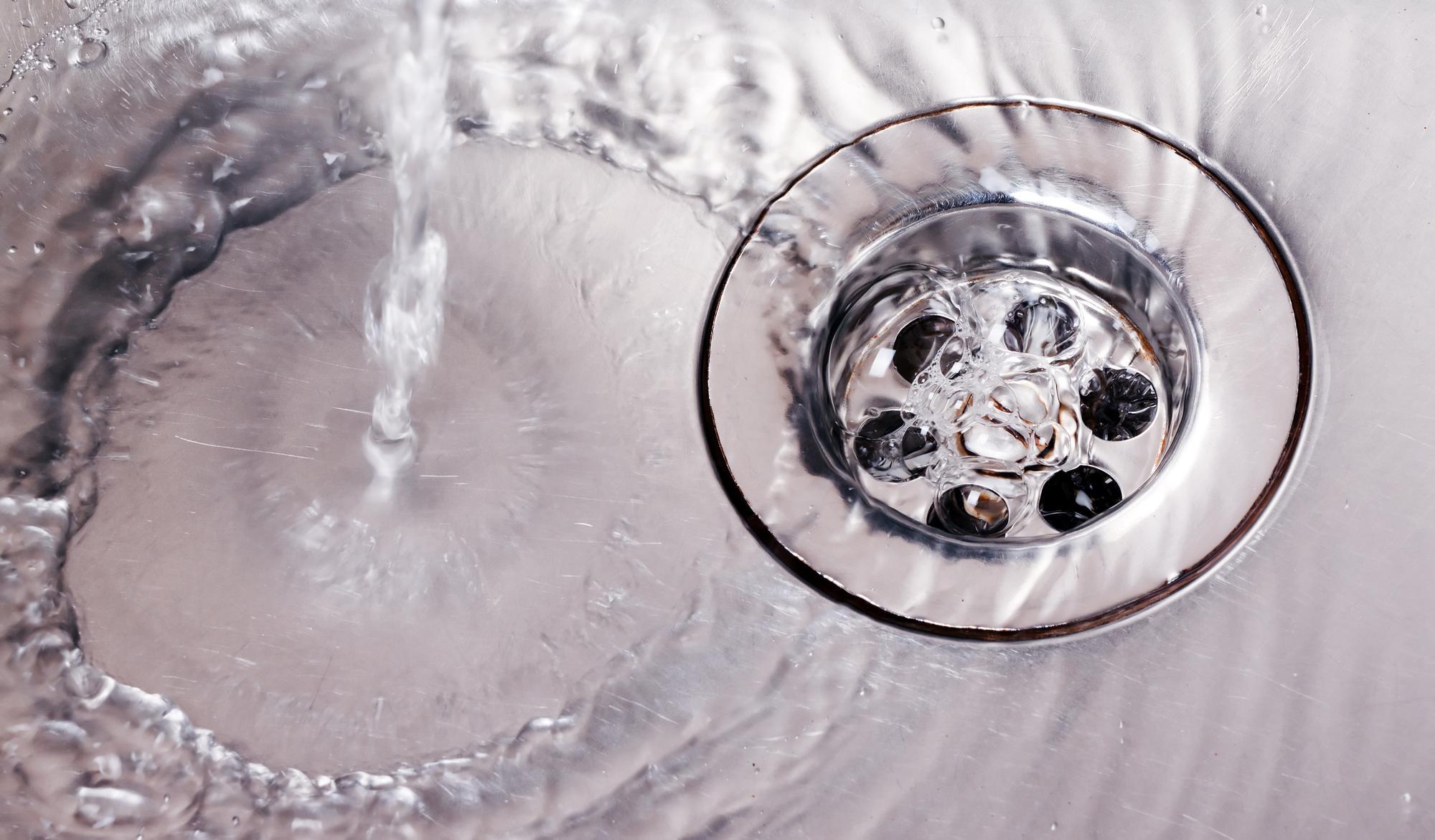4 Tips for Unclogging a Drain
- Written by Samantha Ball

How many times have you found yourself with a clogged drain in your home? It's an unpleasant experience, to say the least. You might call a plumber, but it is possible to unclog drains on your own. The first step is always to try plunging the drain. If that doesn't work, then you will need some chemicals and tools for the job at hand. We'll show you how!
1 Plunge away the clog
The first thing you want to do is remove any standing water from the sink or tub. You may need a bucket for this part if there's too much of it. Next, insert the plunger into the drain and use your arm strength to push down repeatedly until suction has pulled most of the clog out of the pipe system. Always be sure that all drains are fully functional before using them again so as not to create another blockage! If plunging isn't working on its own, try some chemical agents.
2 Use only boiling water
Use boiling water to dissolve any grease or other organic material that has accumulated in the drain. If you don't have a plunger, pour approximately one cup of high-temperature (boiling) water down the clogged sink every few minutes until it clears up. For stubborn soap scum and hard-water deposits, mix two parts vinegar with three parts of boiling tap water into a spray bottle for easy application. The acetic acid found within vinegar helps break down calcium buildup around your home's pipes over time, leading to clogs if left unattended!
3 Use vinegar and baking soda
When all else fails, use a mixture of baking soda and vinegar to unclog your drain. Pour one cup of white distilled vinegar into the clogged sink and wait for it to stop fizzing before adding three cups of boiling water into the mix. The chemical reaction between these two ingredients will cause bubbles which helps break up any remaining debris in the pipes! Allow this solution to sit for about five minutes before flushing away with warm water again. This is also an effective way to clean surfaces around drains such as showers or tubs without scrubbing too hard.
4 Check your garbage disposal
Garbage disposal is designed for grinding down food so that it's small enough for your drain system to pass through. However, if you put too much in at once or don't use cold water when grinding foods like fibrous vegetables and starchy fruits, the blades within will become stuck together until they've turned into a solid mass of metal! This can be very difficult to resolve on your own, but taking some precautions beforehand could prevent this from ever happening again. For example, never pour hot grease down the sink as it will cause excess buildup around the blades, which leads to clogging. Also, always run plenty of cool water after using anything with lots of pulp, such as pineapple skin or banana peels, while washing dishes because these types of fruit are challenging to break down.
5 Some additional ways to clear your blocked drain
In some cases, it might be necessary to call a professional plumber if you can't fix the clog on your own. Professional drain cleaning services have access to more robust tools and chemicals that could do more damage than good with repeated usage, so always seek help from an experienced local business instead of trying this at home! A plunger may not work every time, but there are several other ways that you can unclog drains like;
-
* Natural cleaners
-
* Caustic cleaners
-
* DIY drain snake
-
* Plumbers drain snake
-
* Hydro-Jet
-
* Excavation
Unclogging a drain at home is easy enough to know what to use and how often to do it. Sometimes the root cause of the block may not be identifiable, in which case a call to your trusted professional plumber can help solve your problems. However, the best way to prevent any future buildups from occurring again in the first place is by following these steps!

























